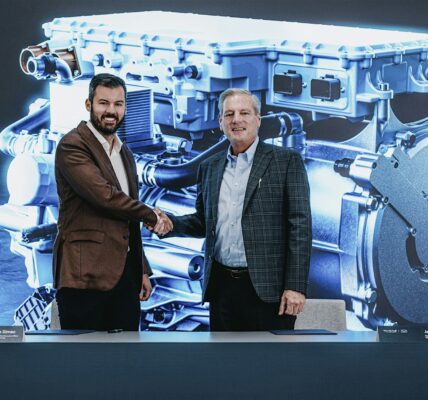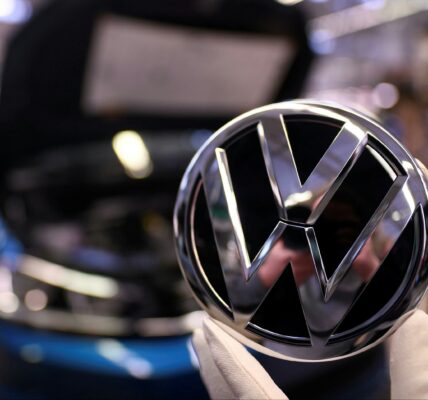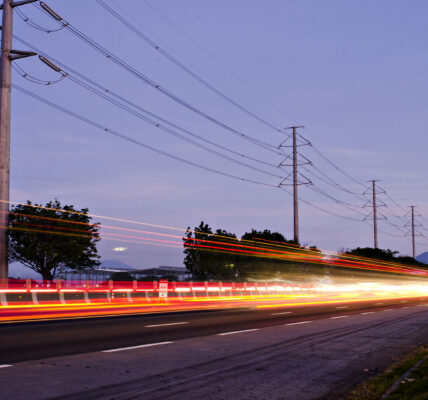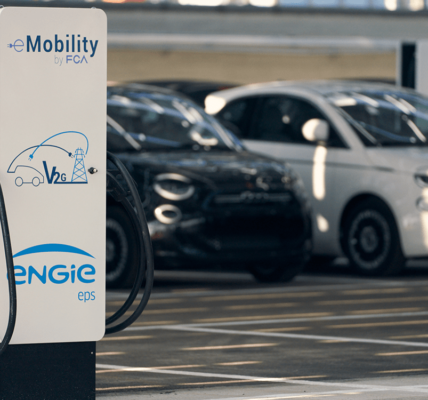A BMW project centered around the development of a long-distance electric vehicle battery has been awarded £26.2 million ($36.07 million) in joint funding from industry and the U.K. government.
The Oxford-based project, called BMW-UK-BEV, is one of four to receive funding via the Advanced Propulsion Centre Collaborative Research and Development competition.
According to the APC, BMW’s project is focused on an EV battery “to rival the range of internal combustion engines.” It would, the APC said, look to “develop BMW Group’s largest battery pack to deliver superior performance at competitive costs.”
With the U.K. planning to stop selling new diesel and gasoline cars and vans by 2030, the rollout of technologies able to boost the distances of electric vehicles will be crucial.
Among other things, this will help to challenge perceptions surrounding “range anxiety,” or the idea electric vehicles aren’t able to undertake long journeys without running out of charge and getting stranded.
Separate to BMW, the other successful projects to receive funding — a total of £91.7 million has been provided — are Brunel, which is looking at hydrogen-fueled internal combustion engines; Celeritas, which relates to the development of ultra-fast charging batteries; and Reecorner, which is linked to the redesign of what the government described as “light and medium-sized commercial electric vehicles.”
Ian Constance, who is the APC’s chief executive, said in a statement that the projects tackled “some really important challenges in the journey to net-zero road transport.”
“They address range anxiety and cost which can be barriers to people making the switch to electric vehicles and they also provide potential solutions to the challenge of how we decarbonise public transport and the movement of goods.”
BMW is one of many firms working on new concepts and ideas related to batteries. Toyota and Panasonic, for instance, have established a joint venture called Prime Planet Energy & Solutions.
The company, which began operations last April, describes itself as specializing in the development and manufacture of “advanced batteries that can be used over and over again at any time and in any place.”
More recently, in June 2021, Renault announced it had signed “two major partnerships” related to the design and production of electric vehicle batteries.
A few months earlier, in March, Volkswagen announced it was aiming to establish several “gigafactories” in Europe by the end of the decade.







